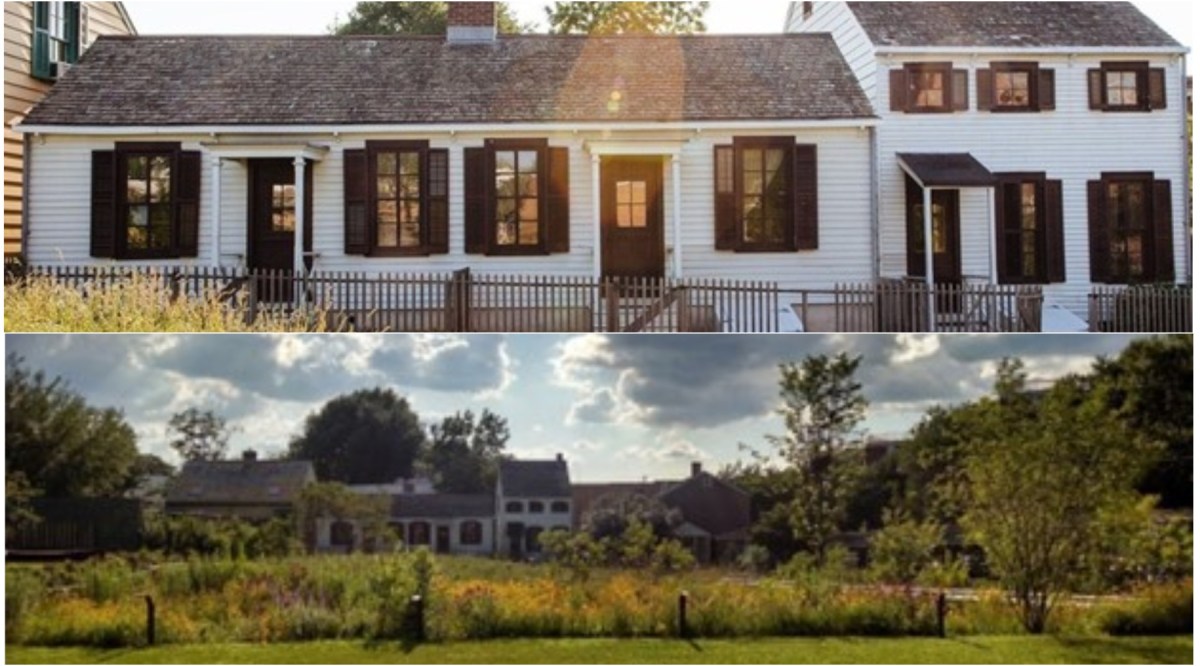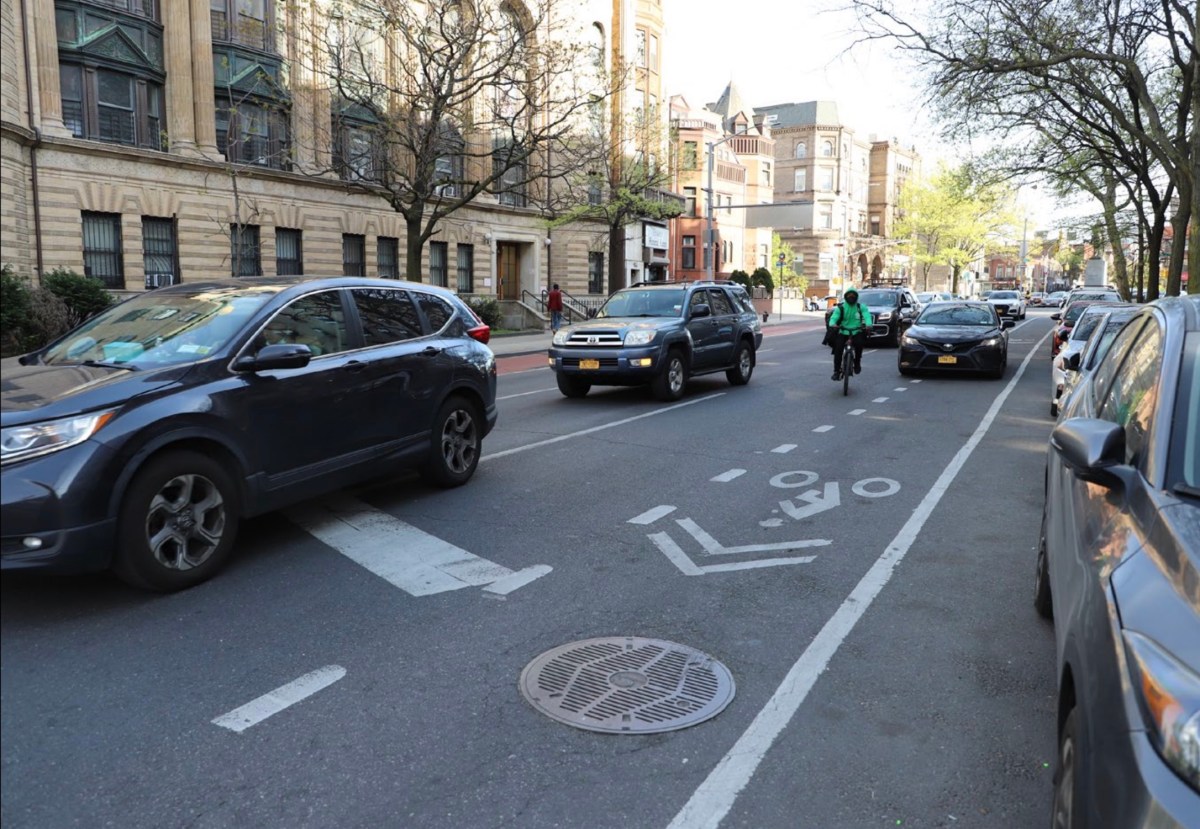The FARE Act, which frees New York City tenants of paying real estate broker fees and shifts those costs to landlords, became law on Saturday, 30 days after its passage, despite Mayor Eric Adams refusing to sign it.
The City Council passed the FARE Act (Intro. 360-A) with a veto-proof majority on Nov. 13; it aims to rid tenants of a major economic burden when first renting a home in the Big Apple, as brokers fees can run up into several thousands of dollars. Opponents of the legislation, however, argued that this would only shift the broker fee burden to landlords, who may then pass them on to their tenants anyway through higher rents in a city where housing costs are still skyrocketing.
Though he spoke out against the FARE Act’s passage, Mayor Adams said earlier this month that he would not stand in its way from becoming law, opting not to risk a losing battle with the City Council because of the veto-proof majority it had when the bill was passed. Under the City Charter, any bill passed by the City Council automatically becomes law after 30 days if the mayor does not sign or veto it.
Nevertheless, Mayor Adams did say he had concerns over the FARE Act and potential rental increases that may result.
“Life will determine if I was accurate in my concerns if this goes into the rent of New Yorkers as they pay the rent,” Adams said at a Dec. 3 press conference. “Not only was I a small property owner, but I was a real estate agent. So I know what it is to pass off cost to the owners of buildings.”

On the other hand, City Council Speaker Adrienne Adams on Saturday called the FARE Act’s enactment a major step toward improving affordability in New York while taking a swipe at Mayor Adams for “voicing last-minute opposition” prior to its passage, even though Adams administration members had previously negotiated the bill’s terms with the city’s legislature.
“The Council is consistent in our focus on improving the lives of working- and middle-class families, and New Yorkers deserve a city government that will prioritize their needs—not undermine them,” Speaker Adams said on Dec. 14. “The Administration was fully engaged in negotiations with the Council to ensure successful passage of this law throughout the legislative process. We fully expect Mayor Adams to implement it without delay to reinforce his pledge to support working-class New Yorkers.”
The FARE Act measures officially take effect 180 days after Saturday, on or about June 14, 2025. Once they do, New York City tenants will be able to save thousands in upfront costs before moving into a new apartment. On average, in 2023, according to the City Council, New Yorkers spent $13,000 in upfront rental costs—including broker fees, security deposits, the first month’s rent, and other items.
More than half of all New York City renters are considered rent-burdened because they spend 30% or more of their income just to keep a roof over their heads, the Council added.
Brooklyn City Council Member Chi Ossé was the FARE Act’s prime sponsor.
“The era of the captive tenant may finally be over,” Ossé said. “This win belongs to all of us – but we must ensure that the Mayor’s Administration adequately implements and enforces the law after his puzzling last-minute statements that contradicted the work of his administration in negotiation to support it.”
With reporting by Ethan Stark-Miller




































